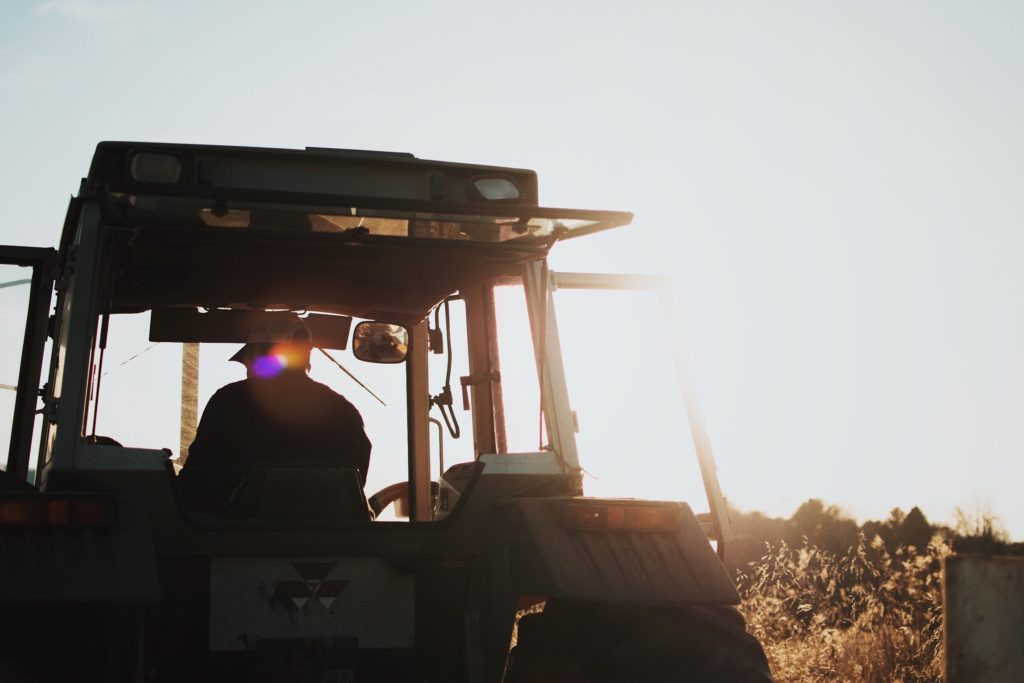If you know run in a crowd with a lot of farmers or backyard gardeners, you know that the word on the street is all about the wacky late season this year, all due to the crazy wet winter and spring. Roses that typically start blooming in April didn’t start until early May. Strawberries that would normally be in full swing in June are hard to come by. And a whole range of annual summer vegetable crops are late for farmers this year, due to wet fields that couldn’t be planted on time.
To go a bit deeper into the fallout for farmers, let’s dig into some of the specific problems that arise due to abundant and late rainfall. Let’s start with the topics of wet fields, soil moisture, and spring drydown.
Although more and more small farms are moving into no-till methods, a majority of farms that feed us do rely on tractors to get a lot of their work done. Starting in February and March in our area, farmers start checking the soil moisture in the fields. They start seeds in the greenhouse in hopes that the fields will dry down at a reasonable rate. And as soon as they think they can drive the tractor out to the fields and till without getting stuck in the mud, they do! Even an experienced farmer gets stuck in their field from time to time, as the demand to get those fields cultivated, and get those crops growing is just too important to wait. Sometimes its worth taking the chance. After a long winter of not making money, farmers need to get their crops to market to stay in business. Even a few weeks of delay can make or break the financial health of a small farm.
Perennial crops suffer, too. Strawberries in our area are typically planted in the fall in order to grow robust root systems to power the plants into a strong and abundant spring. But our freak May rain storm really set a lot of strawberry farms back. All that rain pouring down on ripe berries just acts to rot the fruit and, in some cases, the plants too. And you can’t just wait for the next flush of berries and ignore the plants. Instead, farms spend thousands of dollars paying their crews to go through and clean up the plants, removing dead and rotten fruit to keep disease from spreading. At a time when money should be coming in, they’re instead spending money and labor on maintenance and recovery.
It’s rough out there. Let’s do what we can to support our farmers, this spring especially. Make more of an effort than normal to spend your dollars at farmers markets rather than big stores. Ask the farmers what’s growing now that’s tasty, rather than hounding them about summer crops late to come on. And, finally, support farms who choose to raise their prices due to difficult conditions. It’s a tough go and we need to stand behind our local agriculture scene, now more than ever.


 Family
Family

